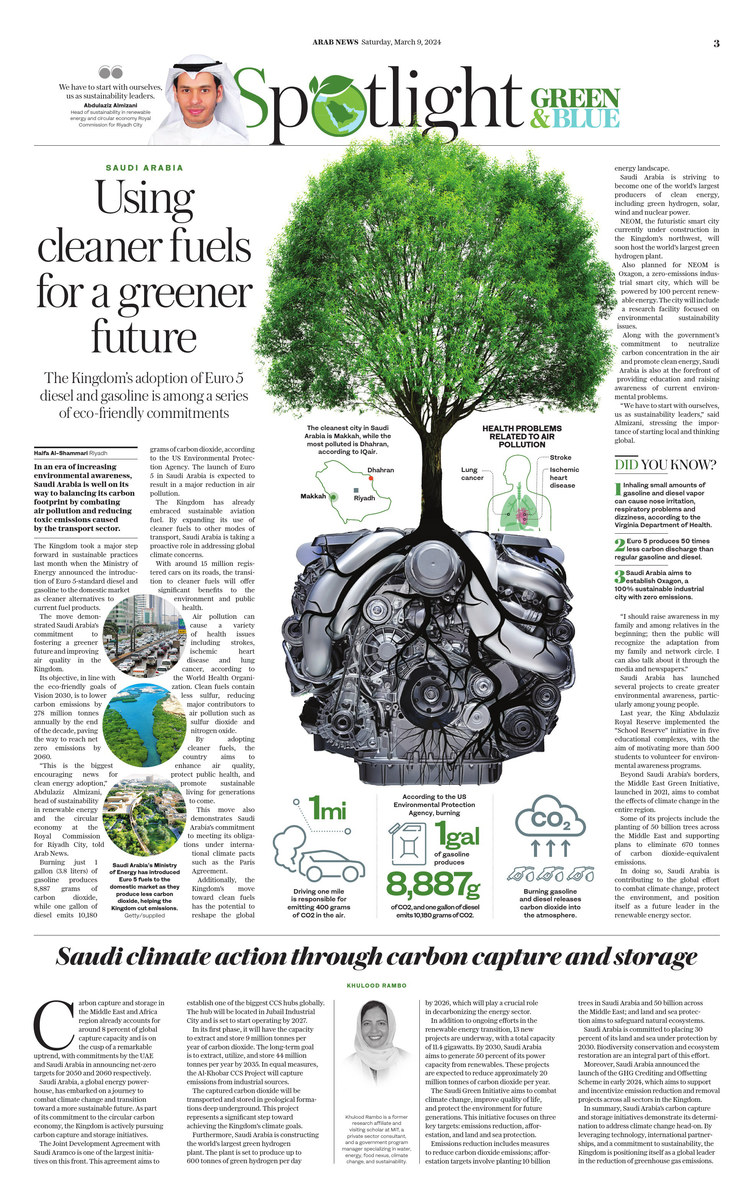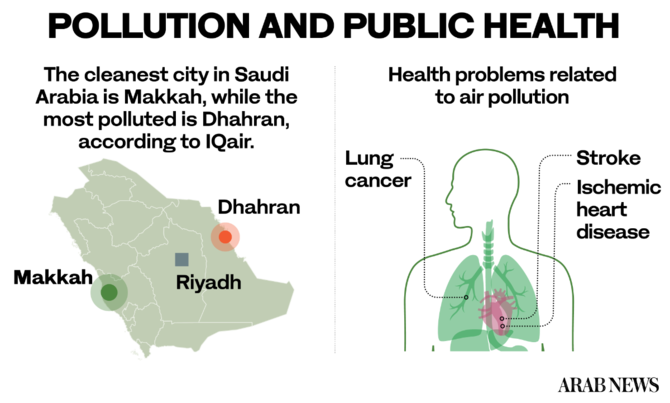RIYADH: In an era of increasing environmental awareness, Saudi Arabia is well on its way to balancing its carbon footprint by combating air pollution and reducing toxic emissions caused by the transport sector.
The Kingdom took a major step forward in sustainable practices last month when the Ministry of Energy announced the introduction of Euro 5-standard diesel and gasoline to the domestic market as cleaner alternatives to current fuel products.
The move demonstrated Saudi Arabia’s commitment to fostering a greener future and improving air quality in the Kingdom.
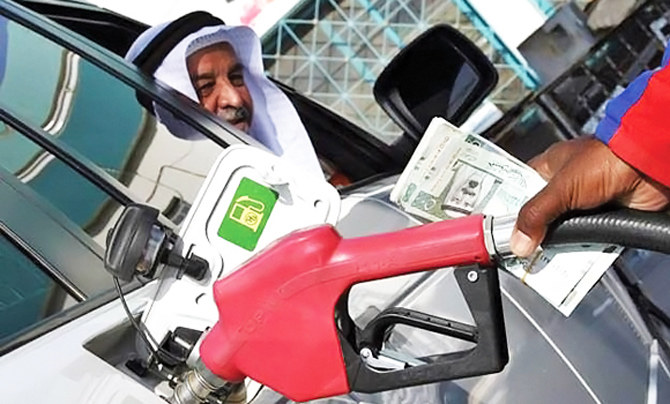
The Saudi Ministry of Energy announced the introduction of Euro 5 standard diesel and gasoline to the domestic market as cleaner alternatives to current fuel products. (AN file photo)
Its objective, in line with the eco-friendly goals of Vision 2030, is to lower carbon emissions by 278 million tonnes annually by the end of the decade, paving the way to reach net zero emissions by 2060.
“This is the biggest encouraging news for clean energy adoption,” Abdulaziz Almizani, head of sustainability in renewable energy and the circular economy at the Royal Commission for Riyadh City, told Arab News.
Burning just one gallon (3.8 liters) of gasoline produces 8,887 grams of carbon dioxide, while one gallon of diesel emits 10,180 grams of carbon dioxide, according to the US Environmental Protection Agency. The launch of Euro 5 in Saudi Arabia is expected to result in a major reduction in air pollution.

The Kingdom has already embraced sustainable aviation fuel. By expanding its use of cleaner fuels to other modes of transport, Saudi Arabia is taking a proactive role in addressing global climate concerns.
With around 15 million registered cars on its roads, the transition to cleaner fuels will offer significant benefits to the environment and public health.
Opinion
This section contains relevant reference points, placed in (Opinion field)
Air pollution can cause a variety of health issues including strokes, ischemic heart disease and lung cancer, according to the World Health Organization. Clean fuels contain less sulfur, reducing major contributors to air pollution such as sulfur dioxide and nitrogen oxide.
By adopting cleaner fuels, the country aims to enhance air quality, protect public health, and promote sustainable living for generations to come.
DID YOUKNOW?
• Inhaling small amounts of gasoline and diesel vapor can cause nose irritation, respiratory problems and dizziness, according to the Virginia Department of Health.
• Euro 5 produces 50 times less carbon discharge than regular gasoline and diesel.
• Saudi Arabia aims to establish OXAGON, a 100% sustainable industrial city with zero emissions.
This move also demonstrates Saudi Arabia’s commitment to meeting its obligations under international climate pacts such as the Paris Agreement.
Additionally, the Kingdom’s move toward clean fuels has the potential to reshape the global energy landscape.
As one of the world’s largest oil producers, Saudi Arabia’s commitment to cleaner fuels sends a strong message to other oil-producing nations that they can adapt and embrace sustainable practices.
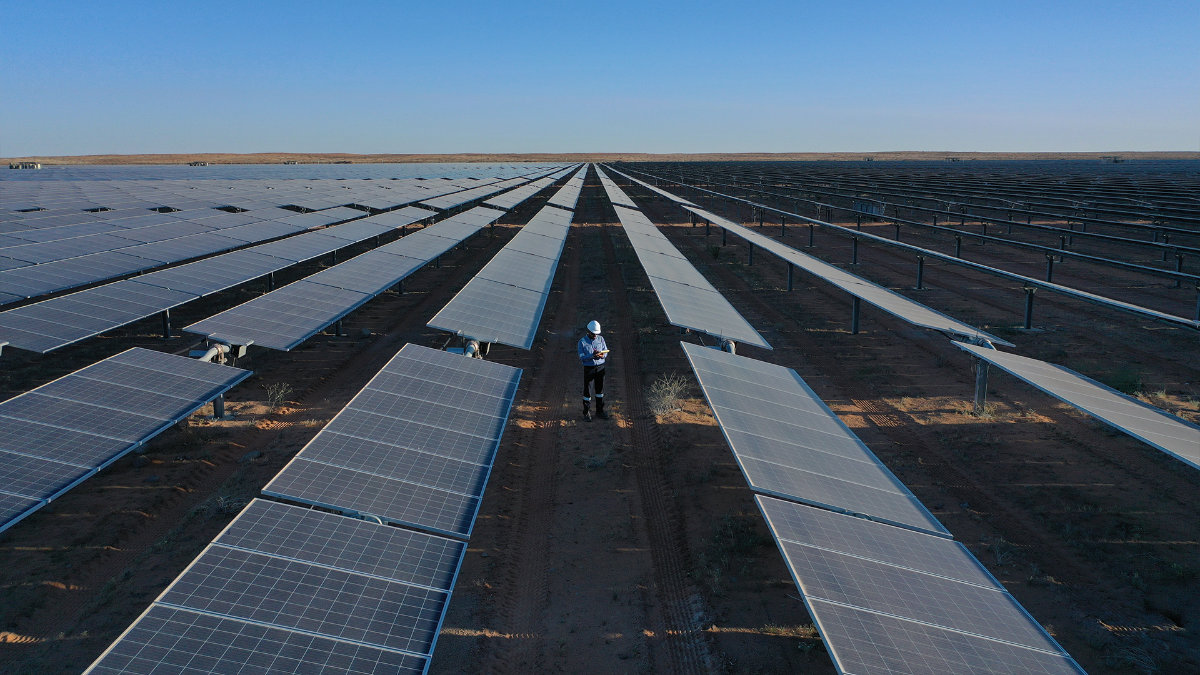
Saudi Arabia is striving to become one of the world’s largest producers of clean energy, including green hydrogen, solar, wind and nuclear power. (MOE photo)
By providing this inspiration, the Kingdom is helping to accelerate the global transition to a low-carbon economy, while supporting environmentally sustainable development.
Although the launch of clean gasoline and diesel is an important milestone, Saudi Arabia is taking a gradual approach to its transition to fully renewable sources of energy.
In an interview last month with the quarterly bulletin of the Saudi Association for Energy Economics, Saudi Arabia’s Energy Minister Prince Abdulaziz bin Salman said the need for fossil fuels is unlikely to decrease any time soon.
Despite this, Saudi Arabia is striving to become one of the world’s largest producers of clean energy, including green hydrogen, solar, wind and nuclear power.
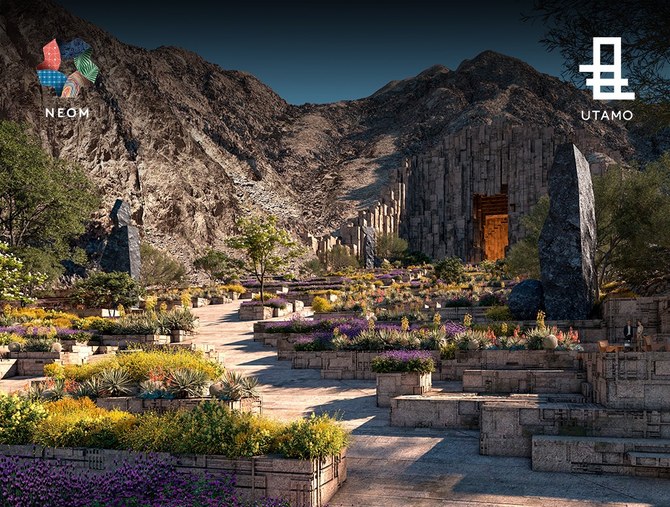
NEOM, the futuristic smart city currently under construction in the Kingdom’s northwest, will soon host the world’s largest green hydrogen plant. (Supplied)
NEOM, the futuristic smart city currently under construction in the Kingdom’s northwest, will soon host the world’s largest green hydrogen plant.
Also planned for NEOM is OXAGON, a zero-emissions industrial smart city, which will be powered by 100 percent renewable energy. The city will include a research facility focused on environmental sustainability issues.
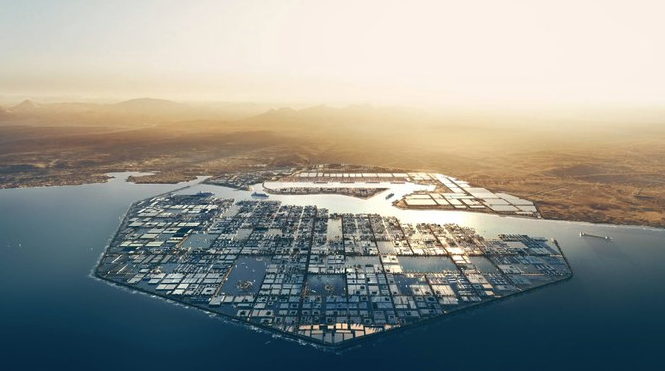
OXAGON, a zero-emissions industrial smart city, which will be powered by 100 percent renewable energy. (Supplied)
Along with the government’s commitment to neutralize carbon concentration in the air and promote clean energy, Saudi Arabia is also at the forefront of providing education and raising awareness of current environmental problems.
“We have to start with ourselves, us as sustainability leaders,” said Almizani, stressing the importance of starting local and thinking global.
“I should raise awareness in my family and among relatives in the beginning; then the public will recognize the adaptation from my family and network circle. I can also talk about it through the media and newspapers.”
Saudi Arabia has launched several projects aimed at creating greater environmental awareness, particularly among young people.
Last year, the King Abdulaziz Royal Reserve implemented the “School Reserve” initiative in five educational complexes, with the aim of motivating more than 500 students to volunteer for environmental awareness programs.
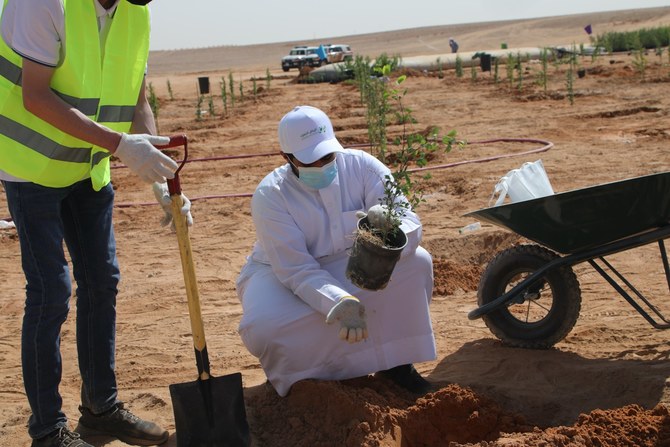
Saudi Arabia's Middle East Green Initiative plans to plant 50 billion trees across the region. (Supplied)
Beyond Saudi Arabia’s borders, the Middle East Green Initiative, launched in 2021, aims to combat the effects of climate change in the entire region.
Some of its projects include the planting of 50 billion trees across the Middle East and supporting plans to eliminate 670 tonnes of carbon dioxide-equivalent emissions.
In doing so, Saudi Arabia is contributing to the global effort to combat climate change, protect the environment, and position itself as a future leader in the renewable energy sector.
